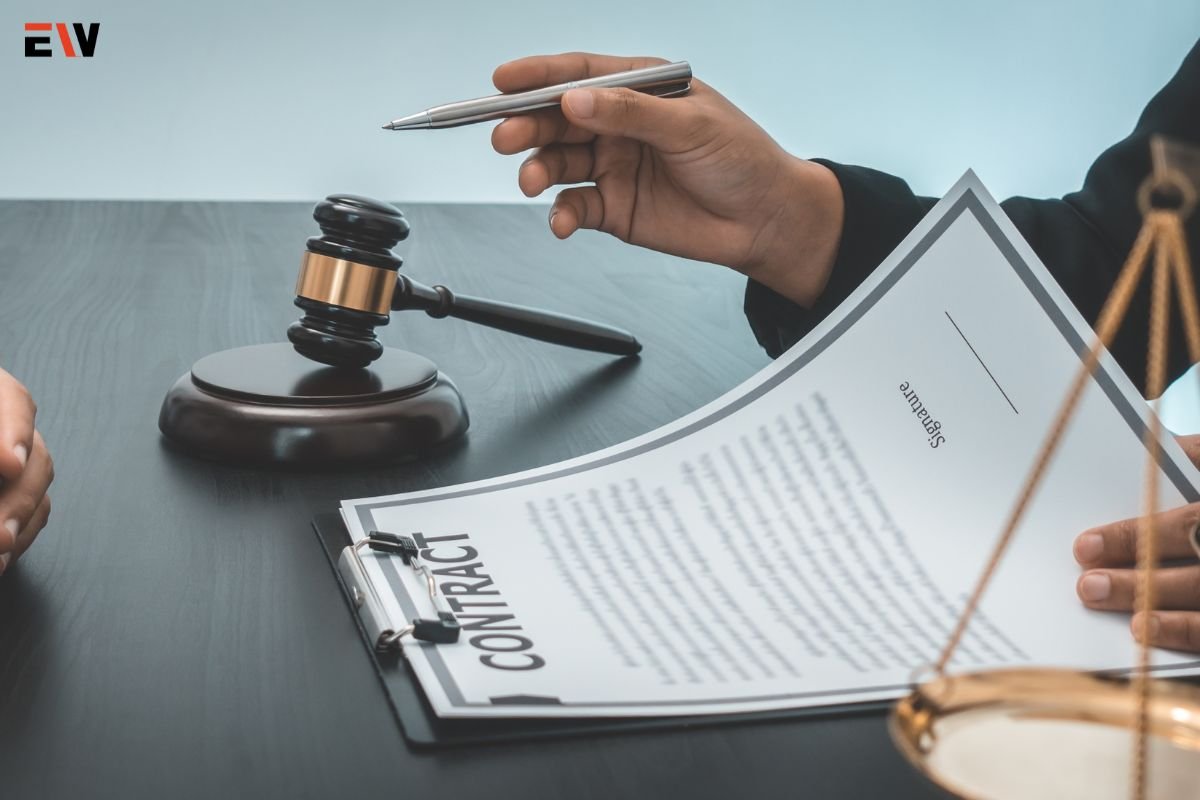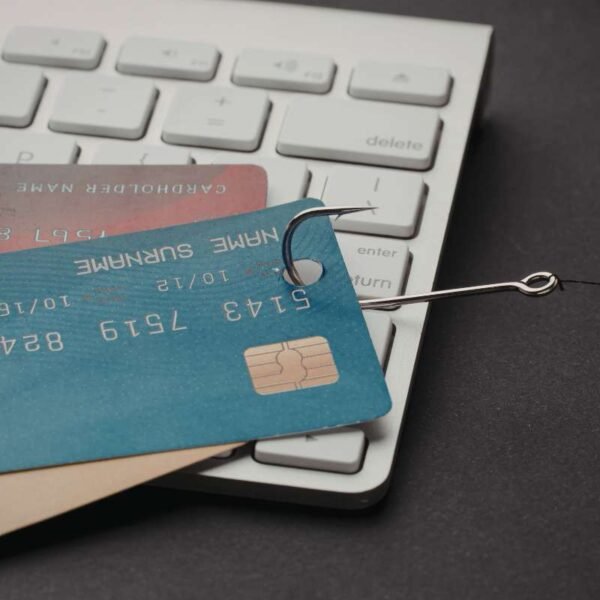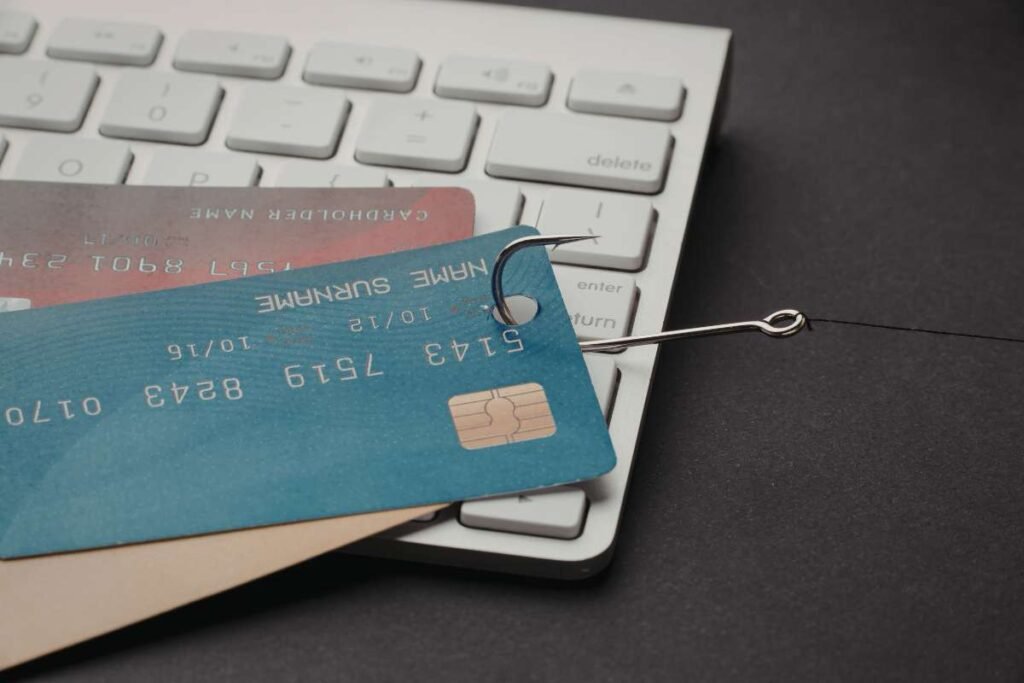Background checks are a crucial component of the hiring process, providing employers with valuable insights into a candidate’s history. This guide delves into the importance of background checks, the types of checks available, the process of conducting them, legal considerations, and best practices for employers.
Why Conduct Background Check for Employment?
1. Ensure Workplace Safety
Background checks help employers identify any potential red flags that could compromise workplace safety. This is particularly important for positions involving vulnerable populations or sensitive information.
2. Verify Qualifications
Employers can confirm the accuracy of a candidate’s resume, ensuring that they have the necessary qualifications, experience, and credentials for the role.
3. Protect Company Reputation
Hiring individuals with questionable backgrounds can damage a company’s reputation. Background checks help mitigate this risk by ensuring that new hires align with the company’s values and standards.
4. Reduce Turnover
By thoroughly vetting candidates, employers can make more informed hiring decisions, reducing the likelihood of turnover and the associated costs of rehiring and retraining.
Types of Background Checks for Employment
1. Criminal Record Checks
These checks reveal any past criminal activity, including felonies and misdemeanors. They are essential for positions that require a high level of trust and responsibility.
2. Employment Verification

This process confirms a candidate’s employment history, including job titles, dates of employment, and reasons for leaving previous jobs.
3. Education Verification
Employers verify the educational background of candidates to ensure they possess the degrees or certifications claimed on their resumes.
4. Credit Checks
Credit checks provide insight into a candidate’s financial responsibility. They are often used for positions involving financial transactions or access to sensitive financial information.
5. Reference Checks
Contacting a candidate’s previous employers or professional references provides additional perspective on their work ethic, skills, and character.
6. Driving Records
For positions involving driving, such as delivery or transportation roles, checking a candidate’s driving history is essential to ensure they have a safe driving record.
7. Social Media Checks
Reviewing a candidate’s social media presence can provide insights into their behavior and character, although this must be done carefully to avoid bias and legal issues.
The Background Check for Employment Process
1. Obtain Consent
Before conducting a background check, employers must obtain written consent from the candidate. This is a legal requirement and ensures transparency in the hiring process.
2. Select a Background Check for Employment Provider
Choose a reputable background check service provider. Ensure they comply with all legal requirements and provide comprehensive, accurate reports.
3. Gather Necessary Information
Collect relevant information from the candidate, such as their full name, Social Security number, and addresses from the past several years.
4. Conduct the Check
Submit the candidate’s information to the background check provider, who will then conduct the necessary checks and compile a report.
5. Review the Results

Carefully review the background check report. Look for any discrepancies or red flags that may require further investigation or clarification.
6. Take Appropriate Action
Based on the results of the background check, decide whether to proceed with the hiring process. If adverse action is necessary, ensure compliance with legal requirements.
Legal Considerations
1. Fair Credit Reporting Act (FCRA)
In the United States, the FCRA governs the use of background checks for employment purposes. Employers must adhere to its requirements, including obtaining written consent, providing a pre-adverse action notice, and allowing candidates to dispute inaccurate information.
2. Equal Employment Opportunity Commission (EEOC) Guidelines
The EEOC provides guidelines to prevent discrimination in the hiring process. Employers must ensure that background checks do not disproportionately exclude certain groups of candidates.
3. State and Local Laws
Various states and municipalities have additional regulations regarding background checks. Employers must be aware of and comply with these laws to avoid legal issues.
4. Data Privacy
Ensure that all background check information is handled securely and confidentially. Only authorized personnel should have access to this information, and it should be stored in compliance with data privacy laws.
Best Practices for Conducting Background Check for Employment
1. Standardize the Process
Implement a standardized background check process for all candidates to ensure fairness and consistency. This helps avoid any appearance of bias or discrimination.
2. Communicate Clearly
Inform candidates about the background check process and the types of checks that will be conducted. Provide them with an opportunity to ask questions and address any concerns.
3. Use Background Checks Judiciously
While background checks are valuable, they should not be the sole basis for hiring decisions. Consider the overall qualifications, experience, and fit of the candidate.
4. Evaluate Context
When reviewing background check results, consider the context of any negative findings. For example, a minor offense from many years ago may be less relevant than recent, serious infractions.
5. Stay Updated on Laws and Regulations

Regularly review and update your background check policies to ensure compliance with evolving laws and regulations. Stay informed about changes at the federal, state, and local levels.
6. Provide an Opportunity for Explanation
If a background check reveals concerning information, allow the candidate to explain. There may be mitigating circumstances or errors that need to be addressed.
7. Document the Process
Maintain thorough documentation of the background check process, including candidate consent forms, reports, and any correspondence. This can help protect your company in the event of a legal dispute.
Conclusion
Background check for employment is a vital part of the hiring process, offering numerous benefits such as enhanced workplace safety, verification of qualifications, and protection of company reputation. By understanding the different types of background checks, adhering to legal requirements, and following best practices, employers can make informed hiring decisions that contribute to the overall success and integrity of their organization. Conducting thorough and fair background checks not only helps in selecting the right candidates but also fosters a trustworthy and secure work environment.










